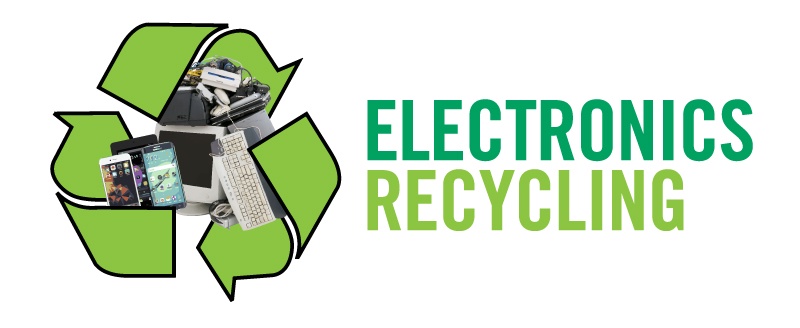Light bulbs have undergone a remarkable transformation in recent years, moving from traditional incandescent bulbs to more energy-efficient alternatives like LEDs and CFLs. As the United States continues its shift towards environmentally friendly lighting solutions, the proper disposal and recycling of used bulbs have become a critical concern. The nation’s approach to light bulb recycling reflects a growing awareness of the environmental impact and the need for sustainable waste management practices.
### **The Challenge of Light Bulb Disposal**
Conventional incandescent bulbs, once the primary choice for lighting, are being replaced by more energy-efficient options. However, these older bulbs contain components like tungsten filaments and glass that, if not recycled properly, can contribute to environmental pollution when disposed of in landfills.
Moreover, CFLs and fluorescent tubes contain small amounts of mercury, a toxic substance that demands careful handling. If these bulbs are not recycled and end up in landfills, the mercury can potentially leach into the environment, posing risks to human health and ecosystems.
### **National Initiatives for Light Bulb Recycling**
Recognizing the importance of responsible bulb disposal, various governmental and non-governmental initiatives across the USA have been implemented to encourage recycling:
1. **EPA’s Responsible Appliance Disposal (RAD) Program:** While primarily focusing on appliances, RAD promotes the proper disposal and recycling of all types of mercury-containing bulbs, including CFLs.
2. **Local and State Programs:** Many states and local municipalities have established regulations and programs for the recycling of light bulbs. These programs often provide information about drop-off locations, recycling centers, and collection events for used bulbs.
3. **Retailer and Manufacturer Involvement:** Several retailers and manufacturers of lighting products have taken proactive steps to facilitate bulb recycling. Some offer in-store collection bins or accept used bulbs for recycling, making it more convenient for consumers.
4. **Public Awareness Campaigns:** Educational campaigns and outreach efforts aim to raise awareness among consumers, businesses, and institutions about the importance of proper bulb disposal and recycling.
### **Accessible Recycling Methods**
In the USA, there are several avenues for recycling used light bulbs:
1. **Local Recycling Centers:** Many communities have designated drop-off points at recycling centers or hazardous waste facilities where residents can dispose of their used bulbs.
2. **Retailer Take-Back Programs:** Home improvement stores, hardware retailers, and lighting specialty stores often offer recycling services for CFLs and sometimes other types of bulbs.
3. **Mail-Back Programs:** Some companies provide prepaid mail-back services for CFLs and other bulbs, allowing consumers to safely ship used bulbs for recycling.
### **Challenges and Future Outlook**
While significant progress has been made in light bulb recycling initiatives, challenges persist. Limited awareness, logistical issues, and the safe handling of mercury-containing bulbs remain areas that need continued attention and improvement.
Looking ahead, enhancing public education, expanding recycling infrastructure, and fostering partnerships between governments, businesses, and communities will be key in further advancing light bulb recycling efforts. Encouraging innovation in recycling technologies and promoting the development of eco-friendly bulbs that are easier to recycle will also play crucial roles in achieving a more sustainable approach to lighting in the USA.
### **Conclusion**
Light bulb recycling in the USA is an essential component of sustainable waste management and environmental conservation efforts. Through concerted efforts at local, state, and national levels, the nation continues to make strides toward responsible disposal and recycling practices. By encouraging and participating in these initiatives, individuals and organizations contribute to a cleaner, healthier environment, and pave the way for a more sustainable future.


No comments yet